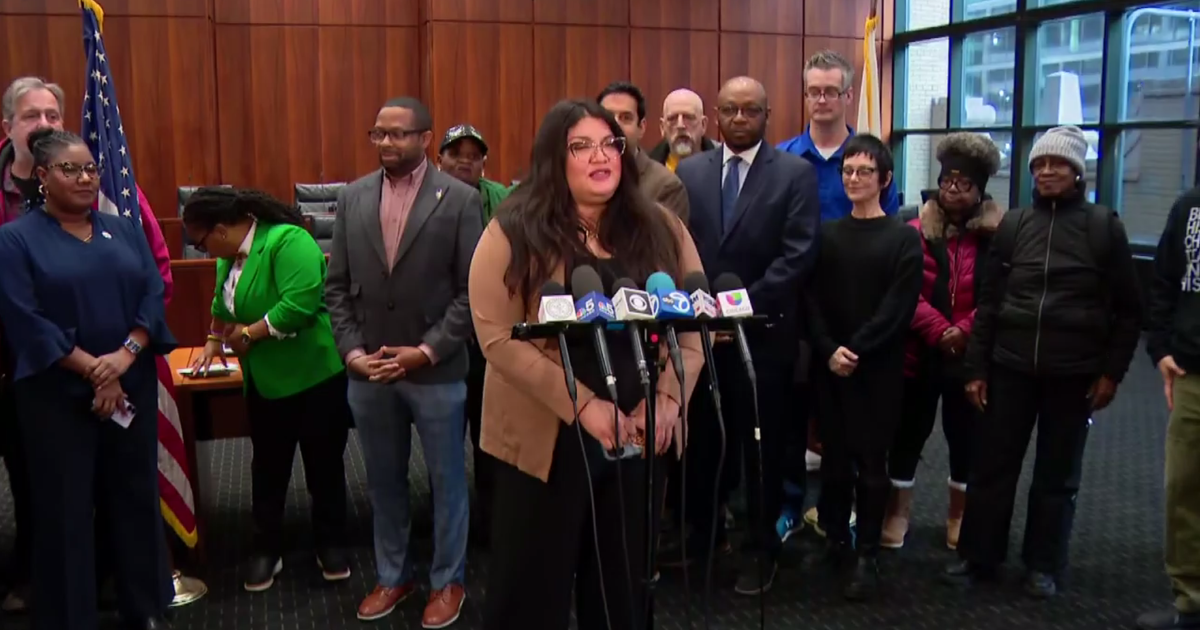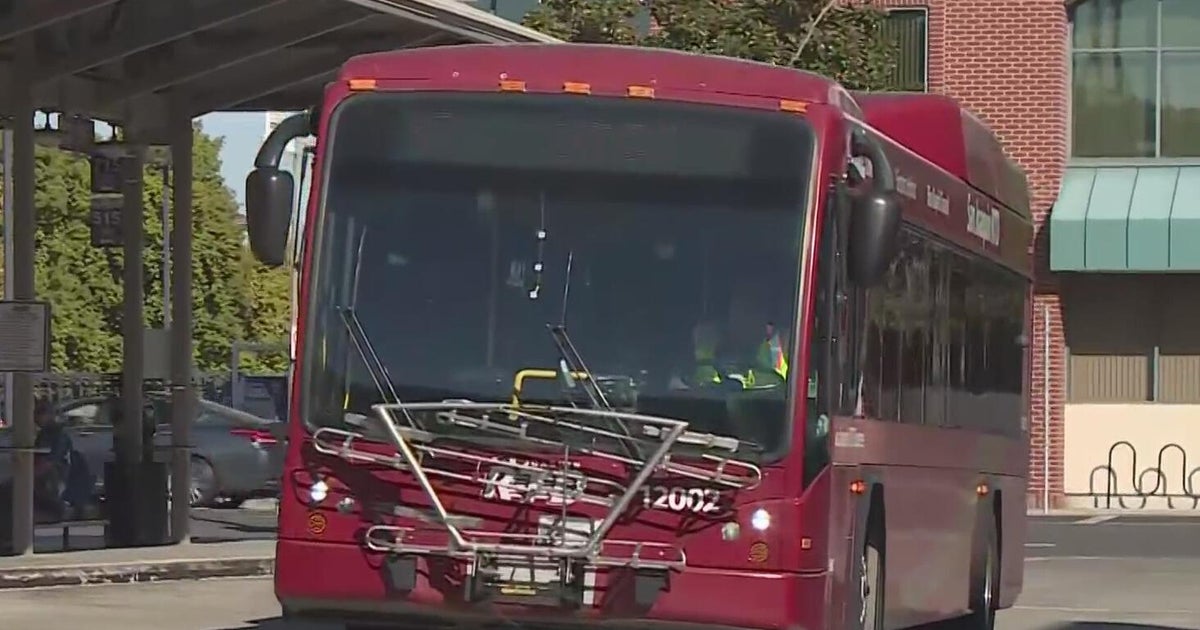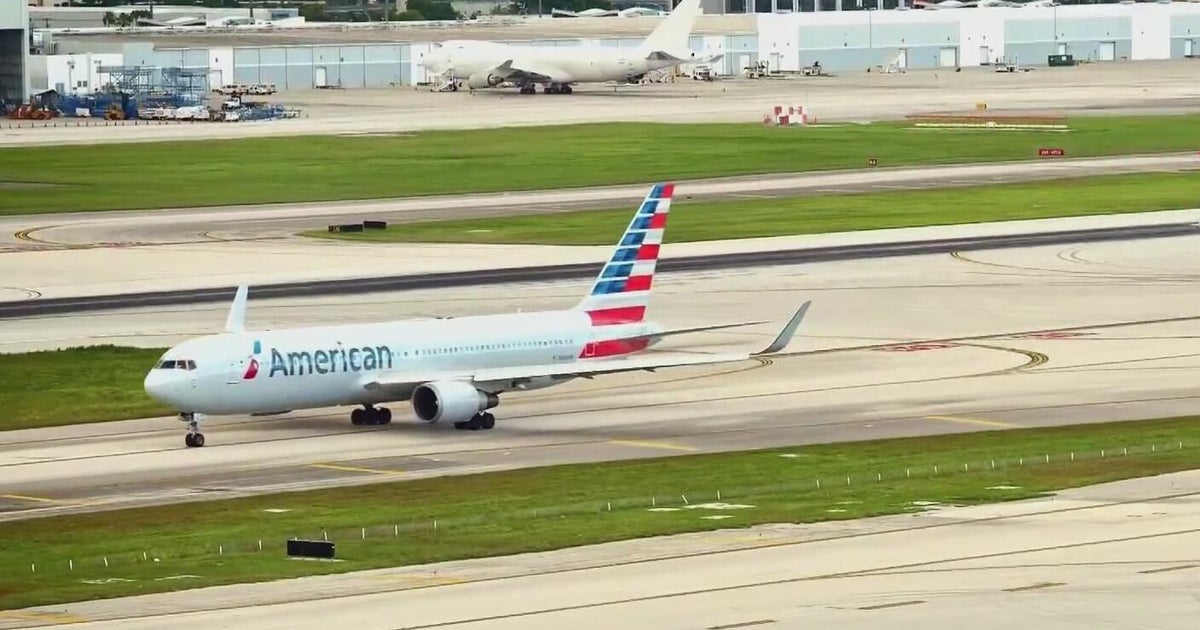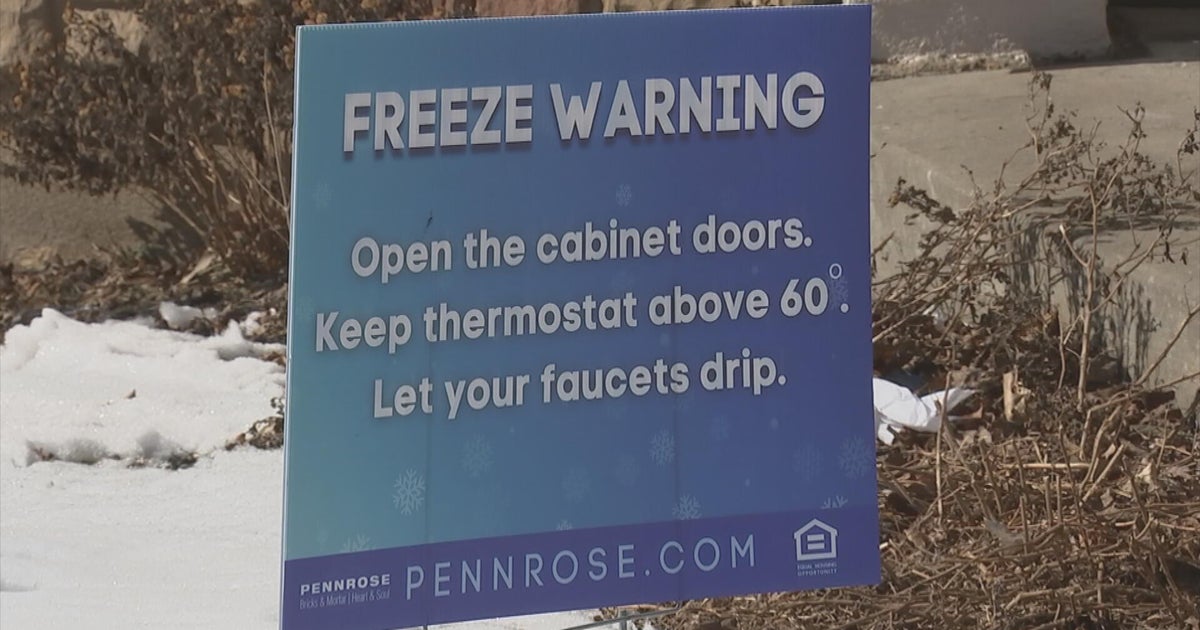Seniors' Free Rides Now In Quinn's Hands
CHICAGO (WBBM) -- Legislation that would restrict free mass transit rides to low-income Illinois senior citizens is awaiting action by Gov. Pat Quinn., who previously has defended free rides for all seniors.
As WBBM Newsradio 780's Bob Roberts reports, the Regional Transportation Authority said Tuesday that it hopes to change Quinn's mind, but officials have no idea what Quinn is thinking.
Quinn threatened repeatedly last fall to veto the bill if it landed on his desk. It has, and new RTA Executive Director Joe Costello is at a loss to say what Quinn intends to do now, despite efforts to meet with Quinn and his staff.
LISTEN: Newsradio 780's Bob Roberts reports
Podcast
"We got no assurance from the governor -- no assurance one way or the other," Costello said Tuesday.
Costello said legislative leaders could not provide transit officials with any insight, either.
Although the bill passed the Illinois House 95-15 and the Senate 54-2, a Quinn veto would stick because the new General Assembly, which was seated Wednesday, cannot vote to override the veto of legislation passed by the old legislature.
Costello hopes to lobby Quinn personally, as well as his staff, and said even at the low end of RTA projections, the fares that would be generated is money that transit systems need.
"$33-34 million? That's real money. That would go a long way," he said.
Projections in a University of Illinois at Chicago (UIC) study released last year indicated that the revenue gained could be anywhere between $33 and $112 million a year. The UIC study called the existing program, enacted in March 2008 at the insistence of then-Gov. Rod Blagojevich, "unsustainable."
By contrast, Quinn signaled quickly that he intends to sign the bill giving the state of Illinois' executive inspector general the power to investigate Chicago-area transit agencies.
The bill would limit eligibility for senior free rides to those who qualify for the state of Illinois Circuit Breaker program. Circuit Breaker benefits are allocated only to individuals who make less than $27,610 a year, households of two with earnings of $36,635 or less and households of three with income of $45,657 or less.
It would give transit agencies 180 days to implement the means test, although it remains unclear if all seniors who do not qualify for free rides would be issued new half-fare cards immediately or if they would simply trade in their existing free-ride cards for half-fare cards as they expire.
The cards are programmed to expire automatically four years after being issued. Federal law requires that those over 65 be charged no more than half fare.
Reaction from senior citizens is mixed. Some say that they are willing to pay half fare. Others are angered by the legislation.
"No matter what money you're taking in or what the situation is with the senior free ride pass, you're going to have a big uprising from all the seniors with that bill," said Charlie Yale, a retired CTA employee and frequent transit critic.
The number of cards being issued has slowed dramatically over the past year but continues to climb. RTA statistics show that, as of Tuesday, it had issued 434,582 free ride cards to Chicago-area senior citizens, up from 426,500 in November, 396,000 at the end of 2009 and 247,000 at the end of 2008.







